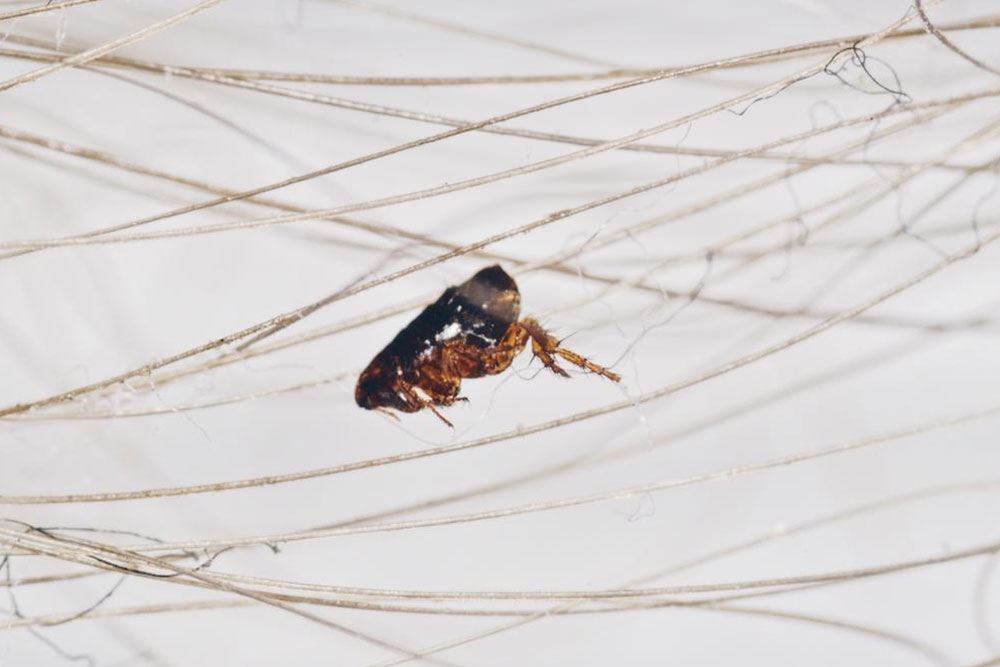Effective tips to get rid of fleas at home
Fleas are parasitic insects that feed on the host’s blood. They are among the most pesky parasites one can encounter and can also cause pets to fall ill. Fleas can quickly turn into a hard-to-handle problem, which is why it is essential to take appropriate measures to get rid of them as soon as possible. One can hire professionals or employ some DIY remedies to get rid of the pests.

Getting rid of fleas
Fleas generally prefer to feed on furry animals. They can hide in the fur and continue to feed undisturbed. Flea bites on humans can result in severe itching, red bumpy rashes, and sometimes, bleeding sores. If these issues become severe, it is imperative to see a doctor.
When your cat or dog begins to scratch insistently or bites itself, check their fur for fleas, using a flea comb. You can quickly spot adult fleas. Drop the fleas you remove into a soap and water solution as fleas can jump straight out of plain water.
Effective home flea treatment options
It is important to regularly bathe and groom your pets. If you catch the problem early, try natural flea control methods like diatomaceous earth (DE). Frequent use of chemicals can be harmful to your pet’s health.
However, for each adult flea, you will probably have around a hundred others in various stages of development. These can be anywhere inside or outside the house. Avoid frequently watering the grass and other areas where you suspect fleas might be hiding. Moist conditions speed up the growth cycle of fleas.
Use flea control sprays
For severe infestation, use flea control sprays and flea treatment baths to get rid of fleas on your pets. You can directly spritz flea control sprays on your pet’s body, but for the face, spray some of the liquid on your gloved hand and then gently rub around their ears, eyes, and nose. Use spray-on products that your vet suggests once a month to keep your pets free of fleas and ticks.
Inside your home, you can consider using residual flea control sprays with a mix of contact insecticides and flea growth inhibitors. The insecticide will kill adult fleas and the growth inhibitors will disrupt the growth process of fleas in younger life stages. Residual insecticides will kill and repel fleas for up to four or six months.
Ensure to vacuum and sweep flea infestation areas. Apart from cleaning the floors and carpets, this will also disturb hidden fleas and larvae so that they can be exposed and killed by the sprays.
Choose the appropriate product depending on the surface you are targeting. Many flea control sprays need to be mixed with water before spraying, which is not a good option for hardwood floors. For these surfaces, you can use aerosol flea control sprays.
Outside the house, you can choose to use liquid concentrate flea control sprays. These are very effective, but you have to repeat the treatment every month or so. You can also use granulated insecticides, which will last longer. Inside or outside, you will need to patiently continue the flea treatments for several months to kill all the hidden adult fleas and larvae.
Remember, you do not need to have pets to have a flea infestation. Mice, rats, stray cats, goats, deer—any warm furry body that visits the surrounding area can drop off fleas that get into your garden which can then enter the house. Stay alert, especially during the flea and tick season, to catch the issue early on and get rid of them completely.